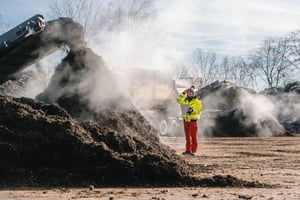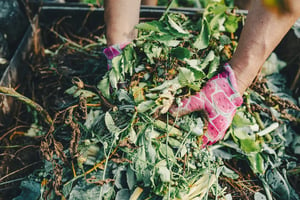
Sector Groups
About our Sector Groups
The sector groups' strategic plans and work programmes, meeting minutes and committee membership details can all be found in our member portal. If you are a member and need help signing into the member portal, or are unsure of your membership status, please contact us.
You can see a flow chart explaining how the sector groups and working groups interact below.
.png?width=850&height=637&name=WasteMINZ%20Sector%20Organization%20Flow%20Charts%20(1).png)
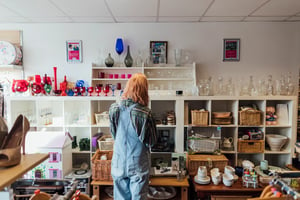
Established to share knowledge and resources to develop and encourage the implementation of behaviour change good practice.
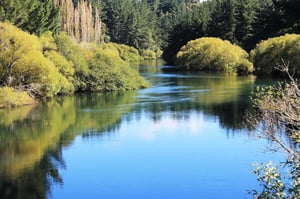
Promoting good practice through clear and concise legislation, stakeholder relationships, and knowledge sharing.
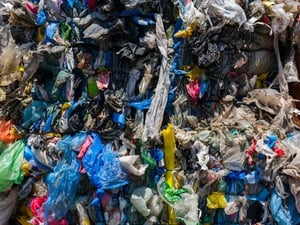
Promoting safe and sustainable disposal facilities through industry collaboration, stakeholder relationships and increasing knowledge.
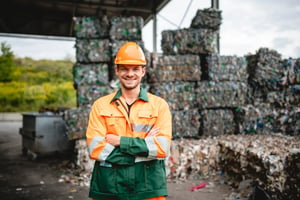
Established to eliminate occupational injury or illness in the solid waste, resource recovery and contaminated land management sectors

This sector group works to minimise the generation of residual organic materials, and to maximise the value of residual organic materials, ensuring their beneficial reuse.

When producers, brand owners, importers, retailers and consumers accept responsibility for reducing a product’s environmental impact.

The aim of this sector group is to give a stronger voice to the recycling and resource recovery sector.
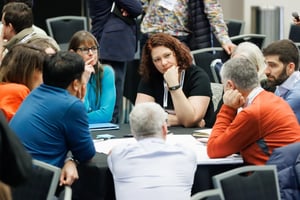
Creating consistency and efficiency of service amongst territorial authorities through sharing knowledge and best practice around waste, recycling and resource recovery.
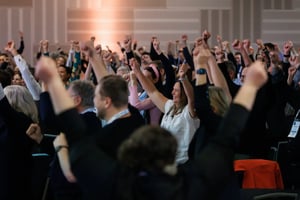
Join WasteMINZ today!
Join WasteMINZ today!
WasteMINZ Sector & Working Groups
Each of WasteMINZ's eight sector groups and 15 working groups are managed by one of the WasteMINZ team. If you would like more information, please get in touch with the relevant team member – their details are below:
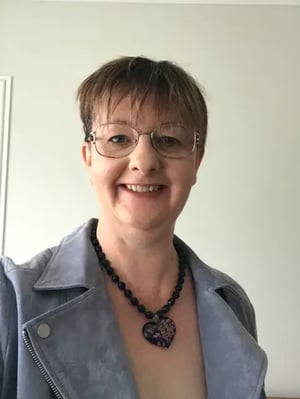
Sector Groups – Health, Safety & Wellbeing; Territorial Authorities' Officers Forum; Organic Materials
Working Groups – Battery Collection Sites; Farm Waste; Organics from Landfill Ban; Promotion of Waste/R&R sector; Restructure of H&S Guidelines.
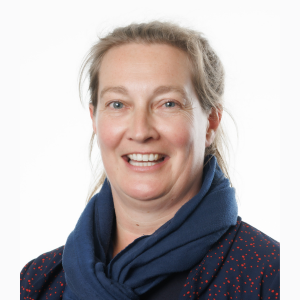
Sector Groups - Contaminated Land Management; Disposal to Land; Behaviour Change
Working Groups – Asbestos Disposal; Joint Contaminated Land Management/NZ Geotechnical Society; Residential Lead; Soil Disposal Sampling; CLM Conference and Webinar.
How do the WasteMINZ sector groups operate?
WasteMINZ has developed terms of reference and operating guidelines to define how sector and technical working groups are formed and operate.
Each sector group operates under the WasteMINZ umbrella, which provides professional support, to help the sector group achieve its goals. The groups represent the technical expertise and knowledge that is WasteMINZ. WasteMINZ staff act as facilitators, empowering each group to achieve their goals, in line with the guidelines.
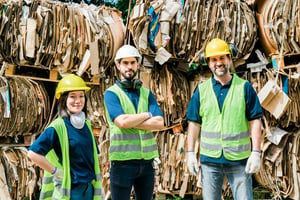
How are they structured?
Each sector group has a steering committee who guide the work programme. Members of the steering committee represent the sector and are elected to the committee by their peers.
The sector groups are mostly formed to meet specific goals, such as shaping policy, developing industry standards and good practice guidance, developing training and development processes, along with conducting research and development.
